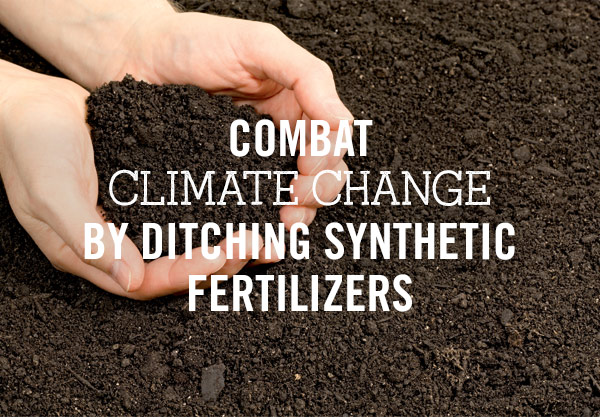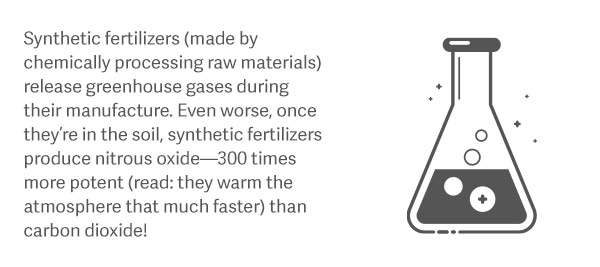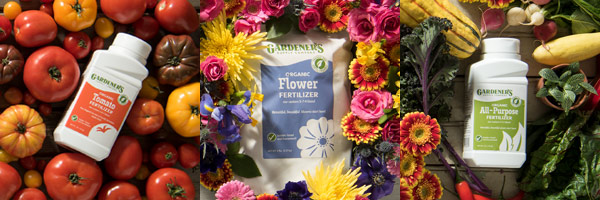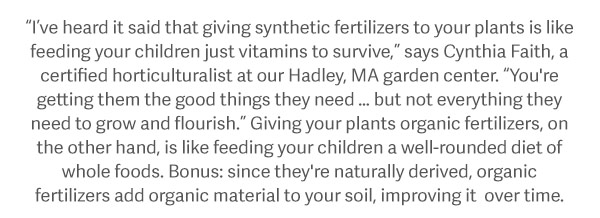Combat Climate Change Through Gardening!
From: Gardeners Supply - Friday May 07,2021 01:07 pm
|
More emails from Gardeners Supply
May 05,2021 01:09 pm - Wednesday
Grow Hemp with Our Hemp Success KitMay 03,2021 03:21 pm - Monday
Define the Line in Your Garden!May 02,2021 10:19 am - Sunday
Our Best Selling Composter at an Unbeatable Price!May 01,2021 10:17 am - Saturday
Give Mom the Gift of Gardening!Apr 30,2021 01:07 pm - Friday
Help Support Kids in the Garden!Apr 28,2021 02:01 pm - Wednesday
Prop Your Crops with Veggie Supports!Apr 26,2021 01:07 pm - Monday
💧 Be Water Wise!















